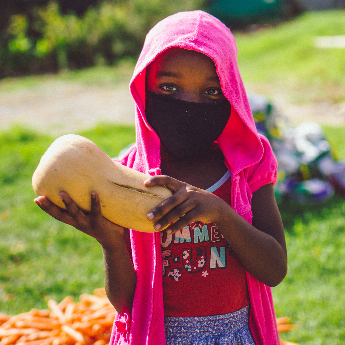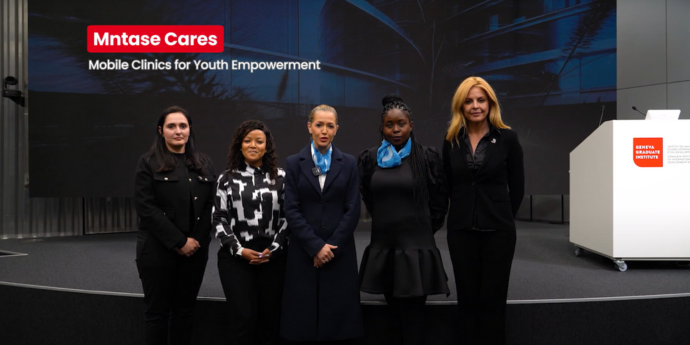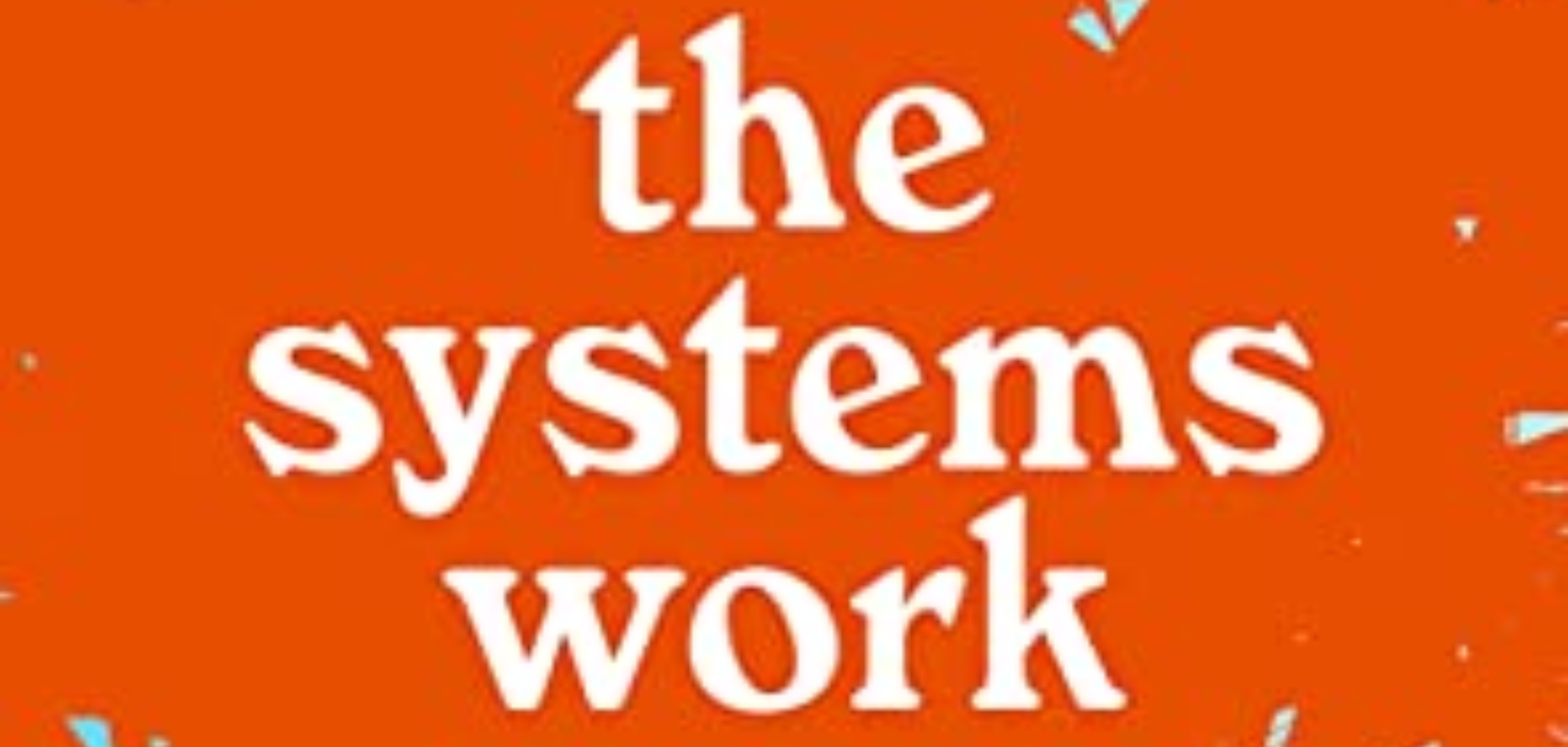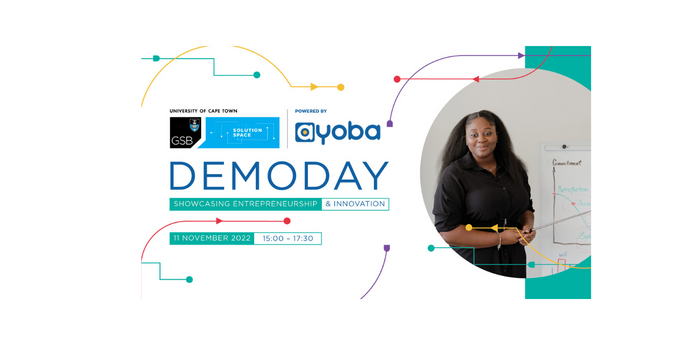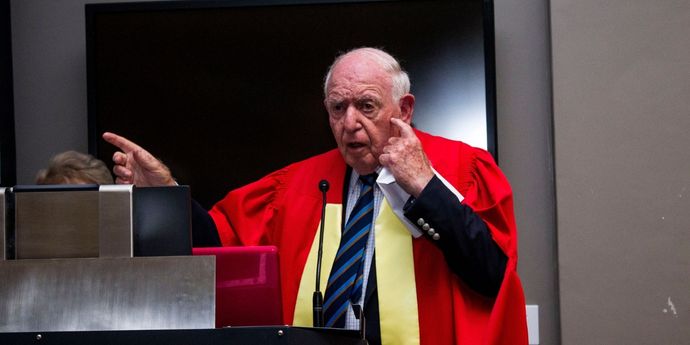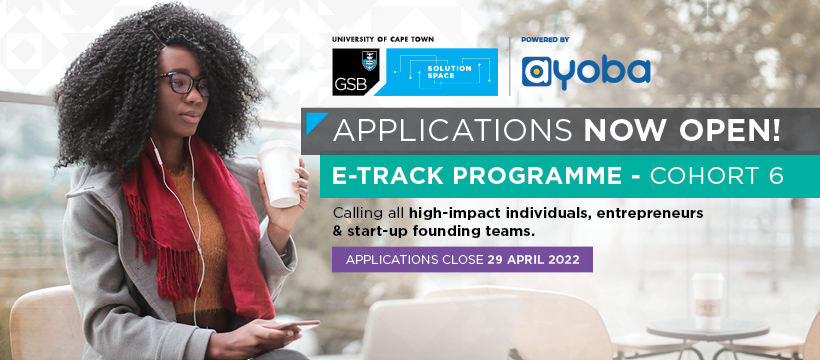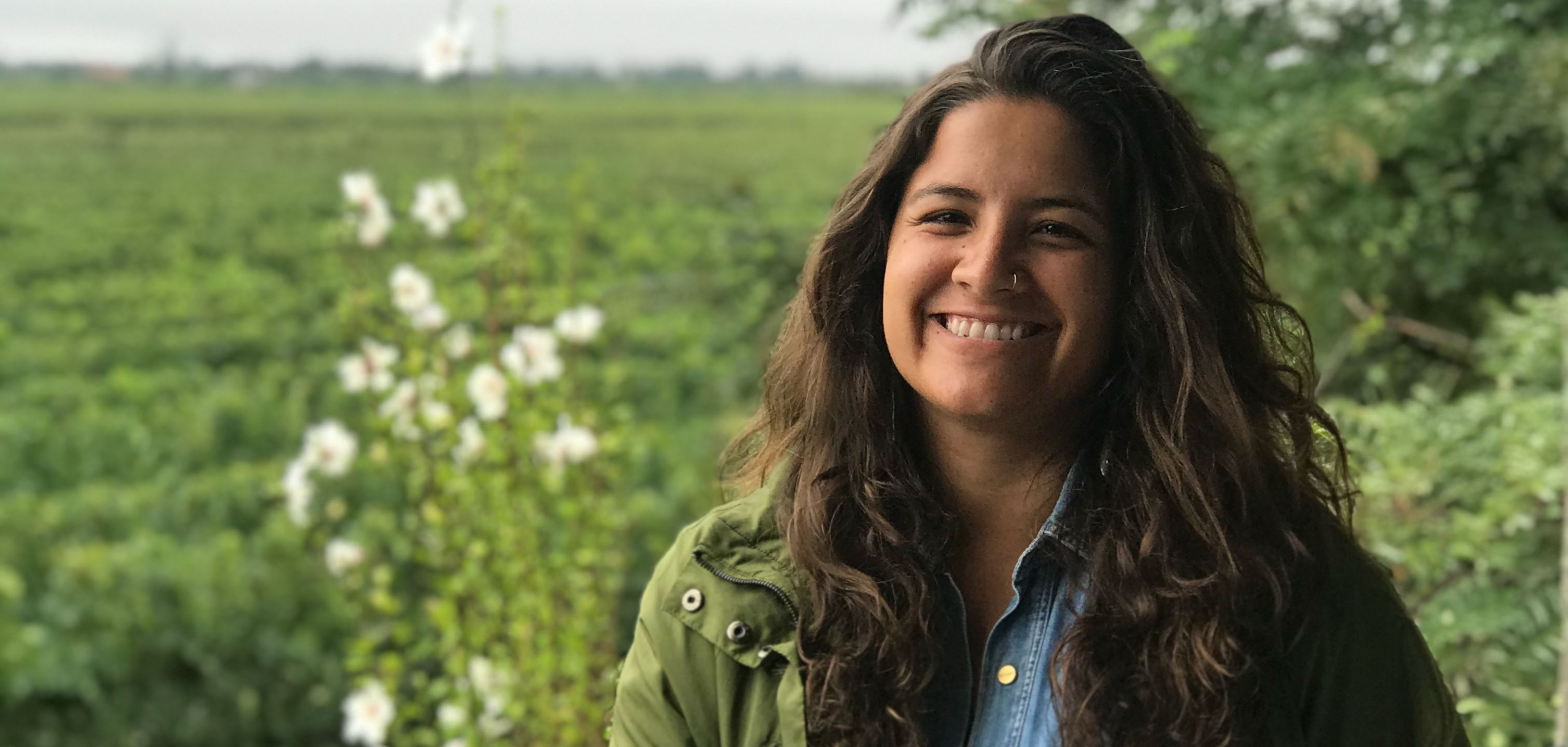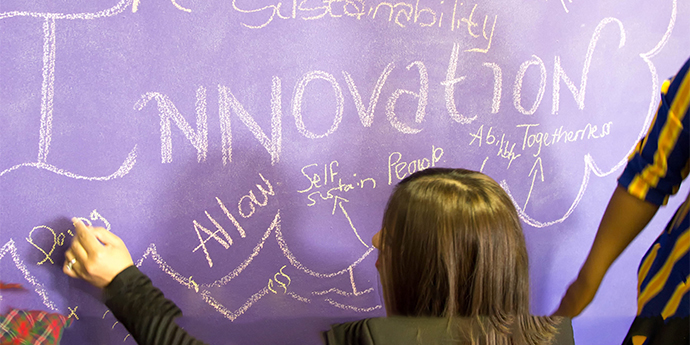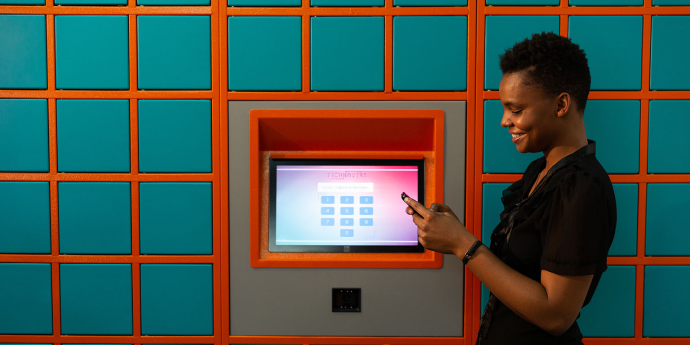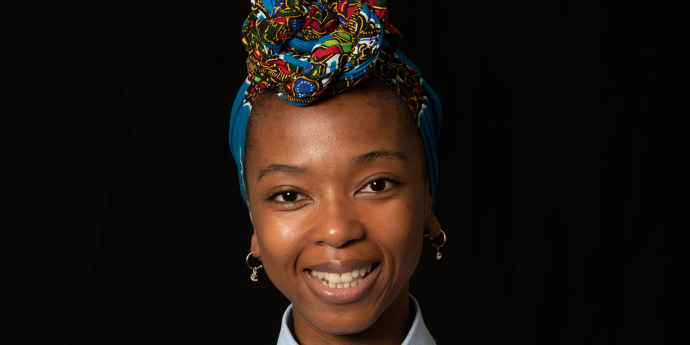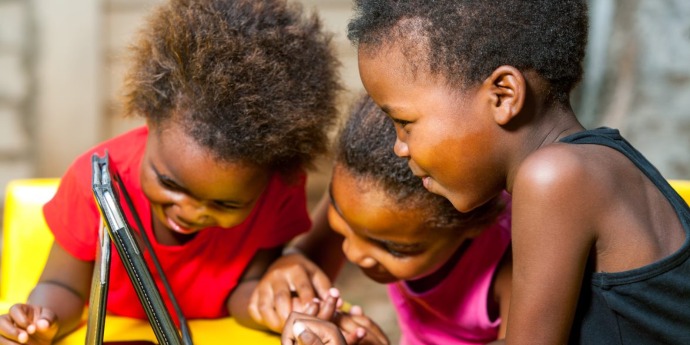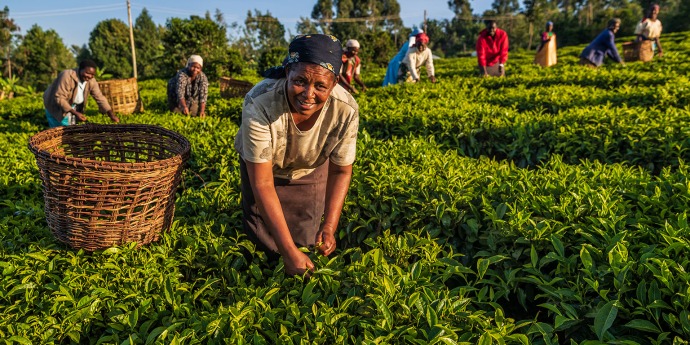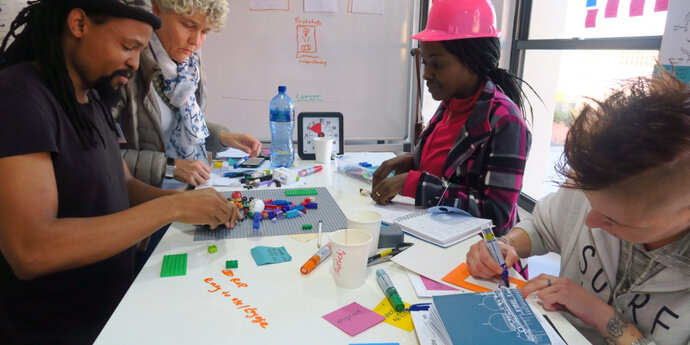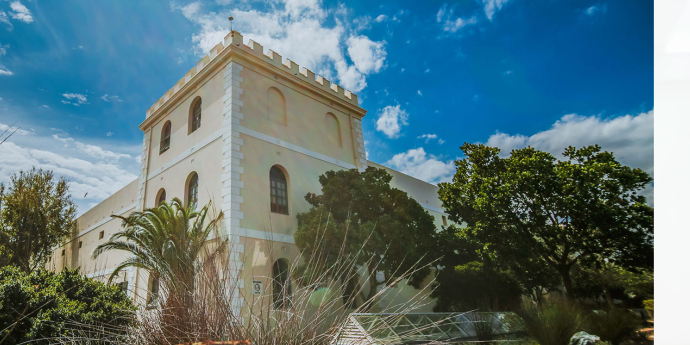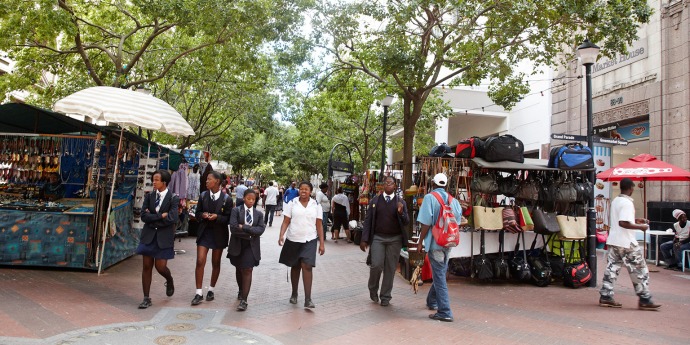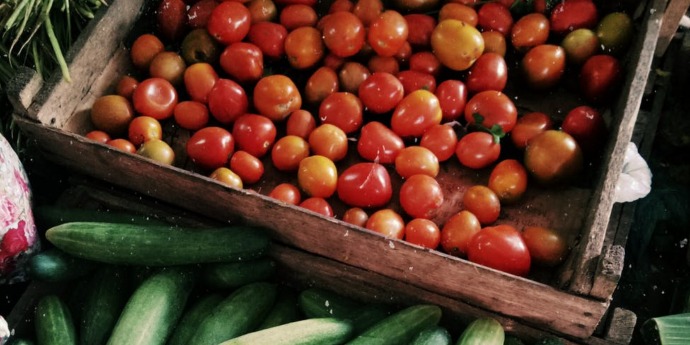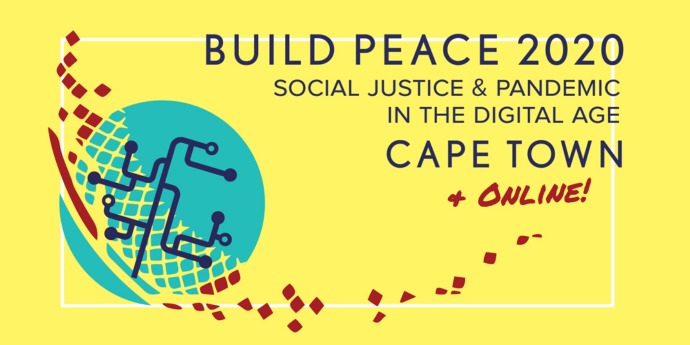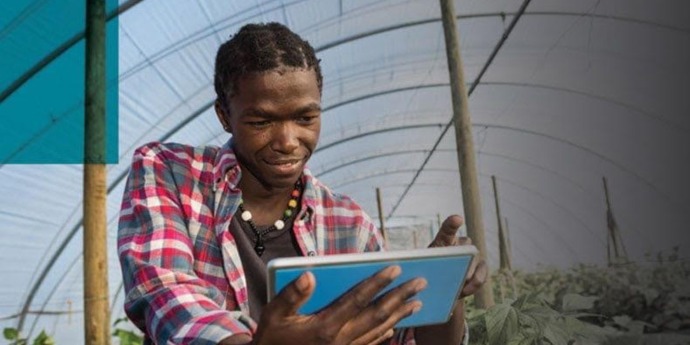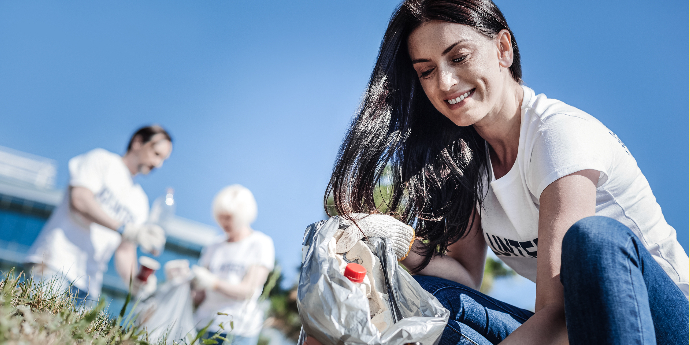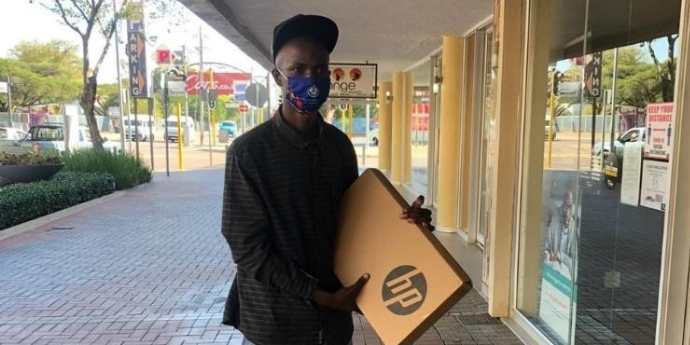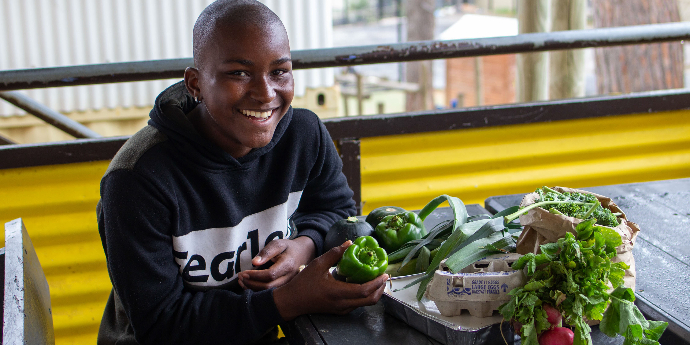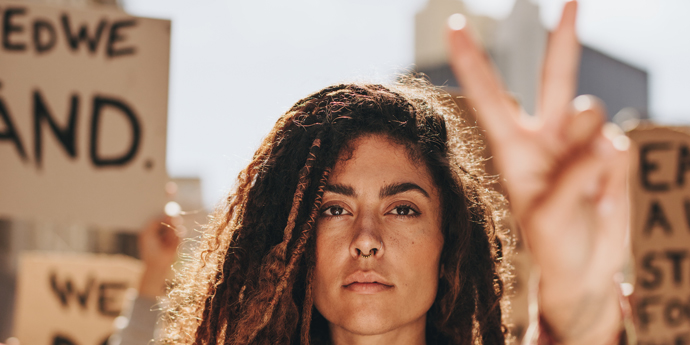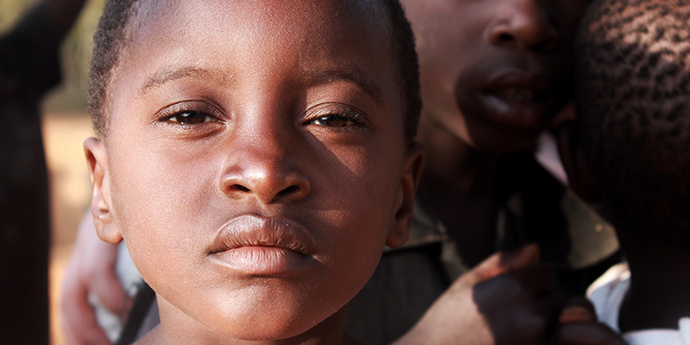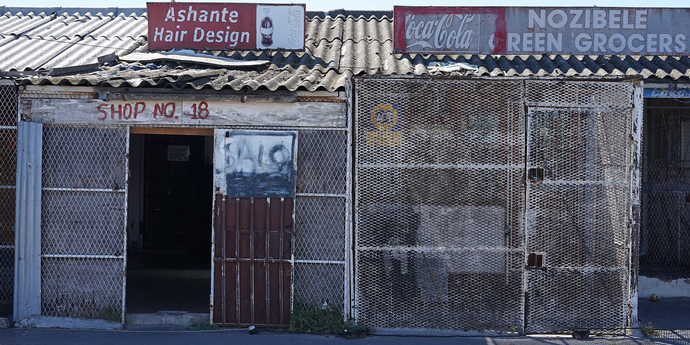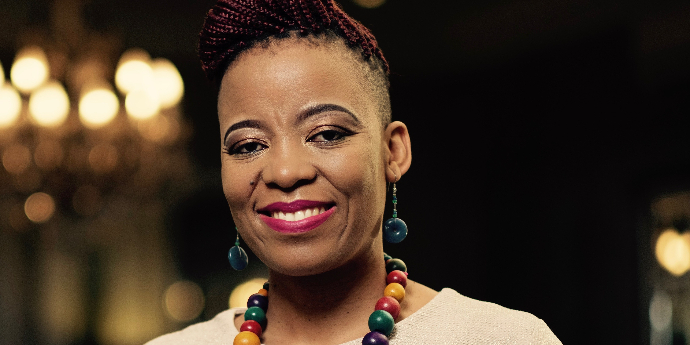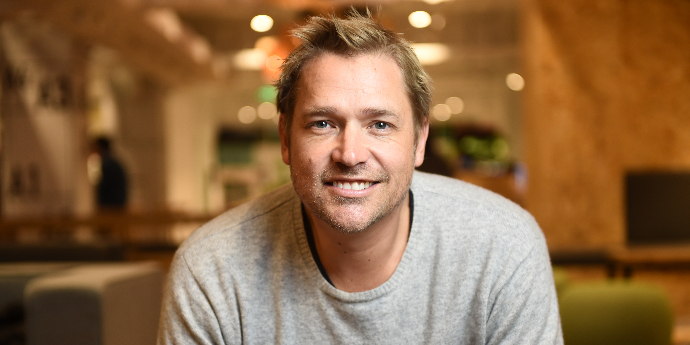The COVID-19 pandemic is changing the way we think, live, play and work. It’s also bringing the innovators out in force — many of whom are rising to the challenge of helping the most vulnerable members of society. We spoke to Solange Rosa, Interim Director of the Bertha Centre for Social Innovation and Entrepreneurship at the UCT GSB, about why social innovation is thriving at this time and what we can do to ensure that the benefits it is bringing can be sustained in the longer term.
Photo credit: Food Flow
Q: How would you define social innovation?
A: Quite simply — social innovation is people responding to socio-economic and environmental problems in new ways.
Q: Why is inclusive innovation so important, not just now in the crisis, but for society more broadly?
A: Inclusive innovation means to involve those affected by the solution in the planning, implementation and assessment thereof. Solutions based on personal experience of a crisis or challenge on the ground, have greater traction and validity. They are more likely to be embraced by those they are intended for, more likely to galvanise local action, and more likely to be sustainable. Inclusive innovation reaffirms the importance of narrowing the gaps between planners, activists, and beneficiaries. This is a key social innovation principle that holds in and outside times of crisis.
Q: Why does it take a crisis to get people to act?
It doesn’t. People are innovating all the time, but crises certainly scale it up. And there is always a crisis if you’re poor living in a poor community. The immediacy of the need during a crisis motivates action and focuses our energy. A crisis is a bit like a deadline in that way. I think also, that when our routines and when what we take for granted is so drastically shaken up, we get to rethink what is important, and reprioritise what to do with our time, energy and resources. Over the centuries, crises have revealed a depth of human compassion that is typically overshadowed by an inherent preoccupation with our own little worlds in times of normalcy.
Q: Can you share some examples of innovation that we are seeing in Cape Town right now?
Oh, there are almost too many to choose from. I’ve been seeing innovations at all levels of society from government and big business right down to the individual and community level.
For example, Foodflow is an initiative that supports small-scale farmers who formerly produced for restaurants and hotels. With lockdown came the loss of these markets and an enormous threat to the farmers’ livelihoods. Foodflow combined the idea of providing food aid to people who need food security with supporting these small businesses by providing an outlet for their produce. Members of the public can donate bags of produce via the Foodflow website and these are made up into food parcels and distributed to families experiencing food insecurity.
The Collective Action Networks, aka CANs, is a huge neighbourhood effort designed to keep the people of Cape Town safe and cared for during the pandemic. By the end of March, 70 suburbs had organised themselves into community groups, and by mid-May, CAN membership reached 13 846. There are many examples of richer communities paring with poor communities to assist with the provision of food, sanitation products, information and so forth, while the CANs take on responsibility for managing distribution in their neighbourhood.
Museums, galleries, cinemas, and concert venues have found ways to connect with their audience through online platforms. The Fugard Theatre, for example, is offering the screening of the acclaimed new movie, Moffie, as well as of Master Harold and the Boys.
Businesses too are coming up with wonderful innovations. Sasol, in partnership with Business Arts South Africa, recently announced plans to support the arts which has been really neglected by government. Vodacom launched their eSchool, a free curriculum-aligned service for subscribers, and are providing special bundles to universities so that students can access e-learning platforms. They have expanded their zero-rated offering to all public schools, universities and T-Vet colleges.
Small businesses have also been incredibly innovative. Sexy-Socks is partnering with a local women’s empowerment project to make face masks using fabric off-cuts otherwise destined for landfill. A portion of their profits goes towards providing face masks to the most vulnerable. Thursty’s car wash is offering free car sanitizing. Inverocche is making and distributing hand sanitizers.
And then there is the public sector. Perhaps one of the most important innovations here is the roll out of the COVID Social Relief Grant for all unemployed people between the ages of 18 — 65 years, and the Child Support Top-up Grant. Provision of shelter and sanitation for the homeless is another good example of public sector innovation.
Converting the innovations we’ve seen into long term benefits is a huge challenge and an opportunity.
Q: Once catalysed, how do we sustain the innovative spirit?
Inclusive innovation as we discussed before, is key. And civil society must continue to advocate for the permanence of social policies introduced as temporary measures. One of the things the pandemic has done is to show individuals and business alike that they can help, and that their help is important. These realisations fuel innovation and combat apathy.
Q: What characteristics are needed for innovation/are there specific characteristics needed?
The willingness to try new things, an appetite for risk, agility, commitment to addressing social injustices, willingness to venture into new, perhaps even unlikely partnerships, listening for and trying out grassroots ideas, thinking out of the box, doing what you can with what you have, building on relationships and partnerships … these are all characteristics of those successful in social innovation.
Q: What new behaviours have the potential for long-lasting change?
I feel most strongly about the Social Relief Grant — it should be instituted as a basic income grant that every unemployed adult is eligible for. It would be a decisive step in mitigating poverty and hunger. Apart from its impact on the quality of life of millions of indigent South Africans, it would deal with those issues which make us all vulnerable to crises.
I am also passionate about the potential to clinch climate change innovations and policies: The coronavirus crisis has meant lower emissions around the world, yes, but these are likely to be temporary and will rise again when the crisis ends. Meanwhile, attention has been diverted from the climate crisis to the corona crisis. Unless we maintain pressure, climate policy change will be side-lined.
I think it likely that new work arrangements will stick to a large degree. Flexible work-from-home arrangements, for example, are likely to become a permanent policy in many companies.
I am also optimistic that we will see a change in our food security with a greater emphasis on local producers, small scale farmers and a shorter supply chain. Not only have these oft-overlooked role-players been able to deliver the goods, but new networks and loyalties have been forged.
Dr Solange Rosa is the Interim Director of the UCT GSB’s Bertha Centre for Social Innovation and Entrepreneurship. She also works as a consultant with the national government, philanthropic foundations and local and international organisations. For more on this, read Solange Rosa's article, From uncertainty to lasting social value; how social innovation is helping us recreate our world

